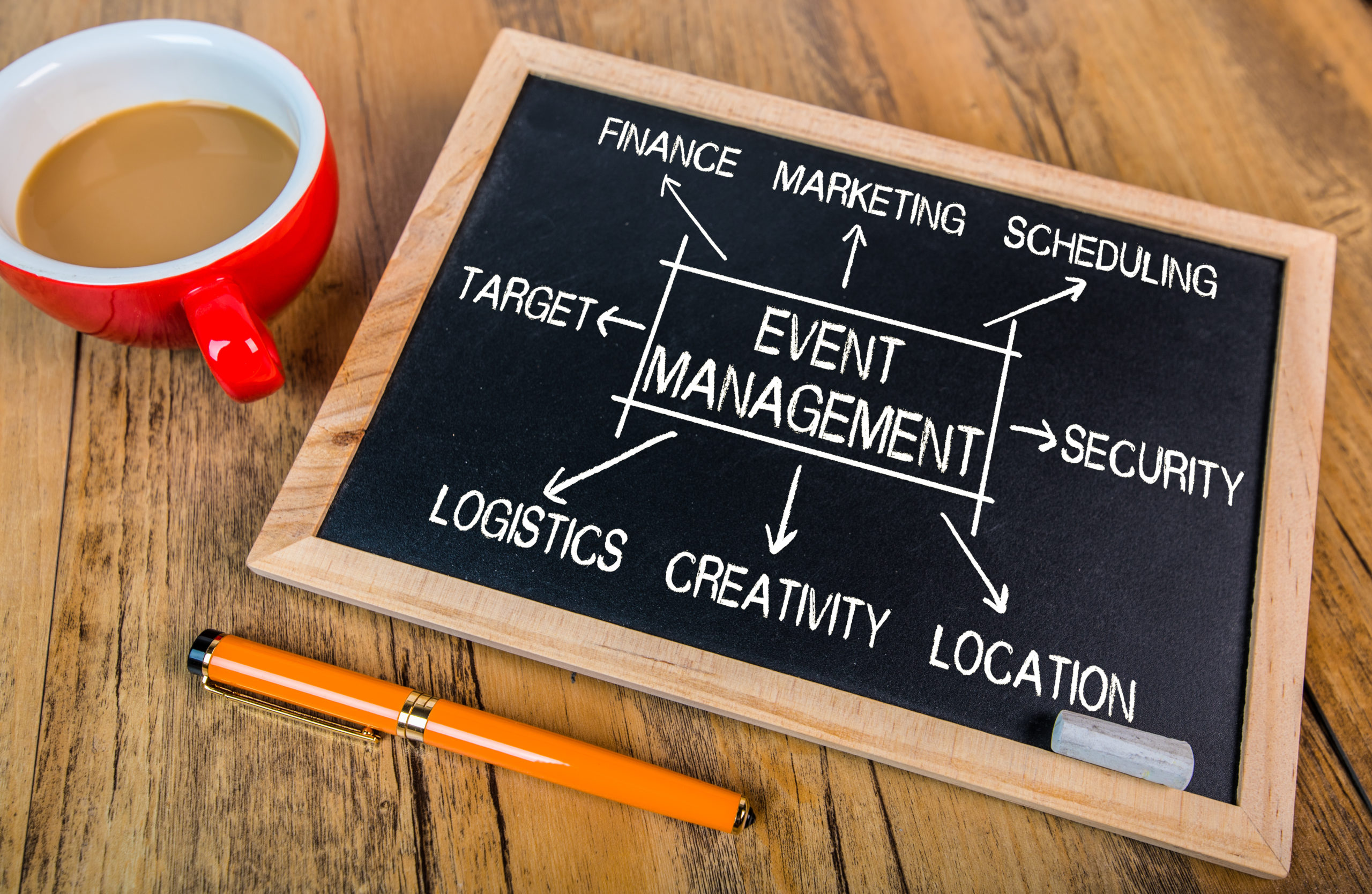Tips For A Successful Business Event
Define Your Goal for the Event
The first thing you need to do is to set your objectives for your event. This will provide you with the proper foundation that you need to work. You need to ask yourself the following questions
What is the purpose of the event?
Ask yourself what you want to accomplish. Are you looking to increase brand awareness, generate leads, sell a product or service, or provide information? If you decide on your goal early in the event planning process, it can steer you in the right direction for success.
What is the planned format?
Do you plan to have a trade show, conference, or seminar as your business event? Your event can be a way of formally introducing your brand to your target audience, or it can be a celebration of a milestone. You can also decide if you are going to provide refreshments and/or entertainment during your event.
Who do you want to attend?
You will most likely want members of your target audience to attend your event. But there are many other invitees to consider. Members of the media, especially social media influencers, are one of the best ways to promote your event.
Assemble Your Team
The second step is assembling your event management team. This team can consist of event professionals and your staff. The business event management responsibilities to delegate to your team include:
- Venue
- Public relations and promotion
- Entertainment
- Catering
- Sound systems
Plan Your Budget
Now that you have picked your event goals and put together your team, the next step is to decide your budget for this event. The budget has to be the most important element of your event because a haphazard budget will cause all your event planning effort to fail miserably. Get a solid figure for each element of your event including catering, venue, and others. Be sure to stick to the budget as much as possible. One thing you will need to note is a contingency fund of up to 25 percent is advised.
Choose the Date and Correct Venue
Your event date should depend on a variety of factors. Ask yourself, are you doing a time-based launch or a seminar? Does your time frame for your event coincide with key players in your industry and your target audience? Expert event planners say nine months is a good lead time for event planning; it’s not too short nor is it too far ahead to allow people to change their minds about attending. Consider this when you choose your event date.
The venue will be the biggest expense of your event. Choose a venue that will be able to accommodate your expected attendees. You will also have to consider things like seating for seminars, the Wi-Fi setup, and any in-house catering options.
Set Reasonable Deadlines for All Involved to Expedite
The last event management tip is to set reasonable deadlines for all involved in the execution of tasks. This decreases the possibility of any last-minute changes. Therefore, you must establish a deadline or closing date for any changes. For instance, your vendors will know going in that they will have a specific date to make changes. Make sure you have it in writing if there will be any penalties for cancellations to cut back on last-minute changes. This also helps to ensure that your event planning team is on the same page with you.
Traveler’s Q is an expert in business event management and corporate travel planning. Contact us today to steer your business into the future of event travel with our special event services.


